This site contains affiliate links. I may earn a small commission, at no extra cost to you.
Does retinol get rid of freckles? I get asked this so much after showing my before and after photos.
In this blog, I’ll share my experience with retinoid cream and whether it fades the appearance of freckles.

Does Retinol Get Rid of Freckles? Before and After
Table of Contents
Are freckles sun damage?
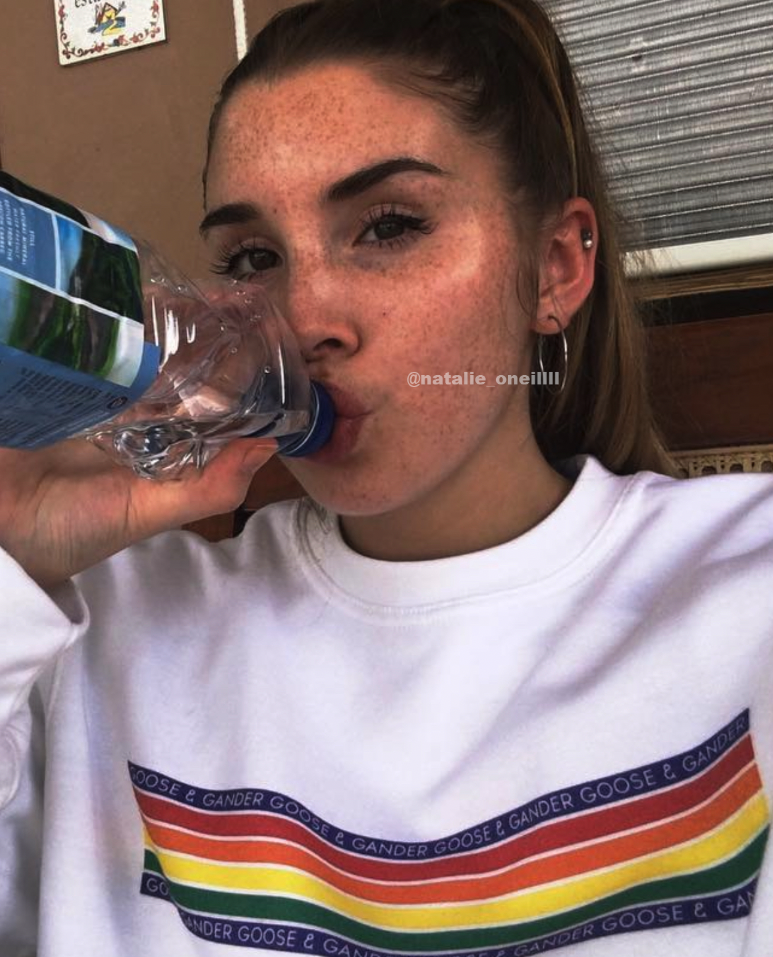
Freckles vs sun damage is a common argument on social media.
So many people think of themselves as dermatology experts, even when they themselves don’t have freckles.
To work out if retinol can get rid of freckles, we need to understand what they are.
Freckles are not all sun damage, though they are partly the result of sun exposure.
If you’ve had freckles ever since you were a child, it’s because you have a genetic predisposition for them.
The main difference is that people with freckles have clumps of melanocytes, responsible for melanin production, in freckled areas.
People without freckles simply have a more even layer of melanocytes.
Different types of freckles
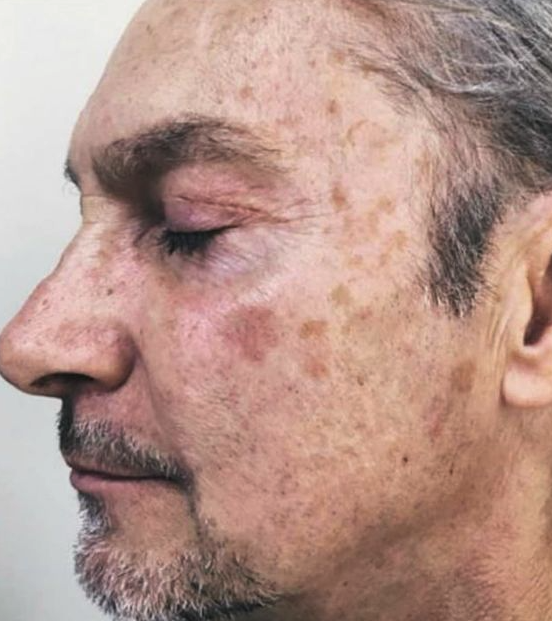
The different types of freckles is what creates the confusion between sun damage and freckles.
Everyone has heard about sun spots or liver spots, which are typically seen on older people with sun-damaged skin.
Excessive sun exposure does create sun damage, which can cause new sun spots and freckles.
However, this applies only to new patches of pigmentation that occur later and throughout life.
Perhaps after a sunny holiday with improper application of a broad-spectrum sunscreen, you might notice new darker brown spots.
This would be new sun damage.
However small children with freckles, for example, do not have excessive sun damage.
Essentially some people are born with the freckle gene, others simply get sun damage after many years that look like new freckles.
To work out – does retinol get rid of freckles? It all depends on the type of skin pigmentation you have.
Why do freckles come out in the sun?
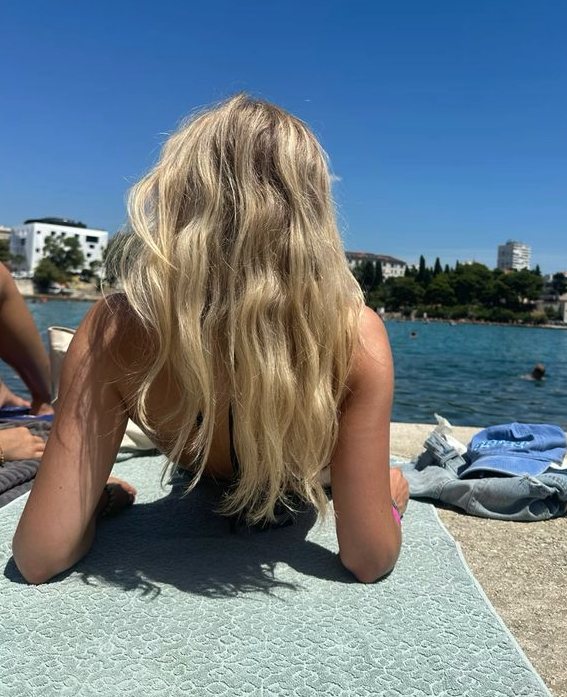
Even if you’re born with freckles, the appearance of your freckles can change depending on direct sunlight.
In most cases, people’s freckles are less noticeable in the winter and darker in the summer months.
Like a tan, the clumps of melanin (freckles) darken in sunlight on areas of exposed skin.
However, if you notice a new spot after a holiday that sticks around permanently, this is mostly sun damage.
Does retinol get rid of freckles? My experience
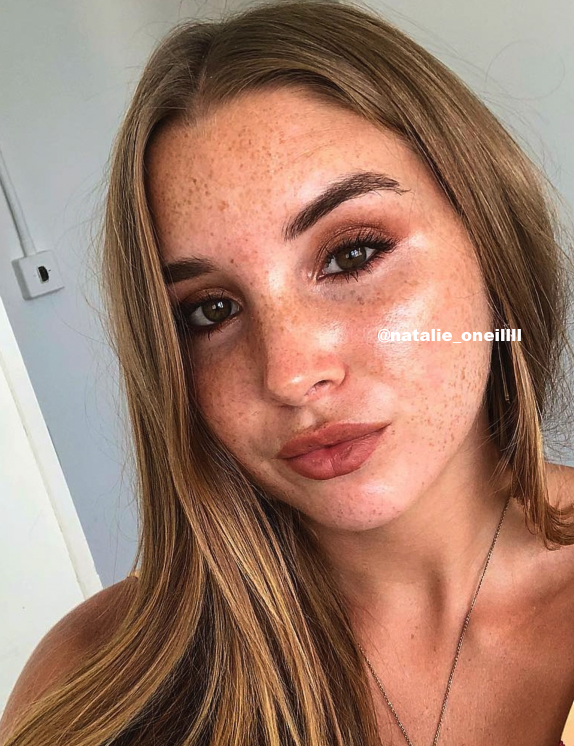
In my experience, retinol can feel as though it is fading freckles a little bit.
The good news is that retinol was only one part of what I believe faded my freckles.
And just to clarify, I did not want to fade my freckles at all. In fact, I loved my freckles!
I started using topical retinoids to get my moderate acne under control, and it worked really well.
If you’re curious to try retinol products, check out my post on the best retinoids for clogged pores.
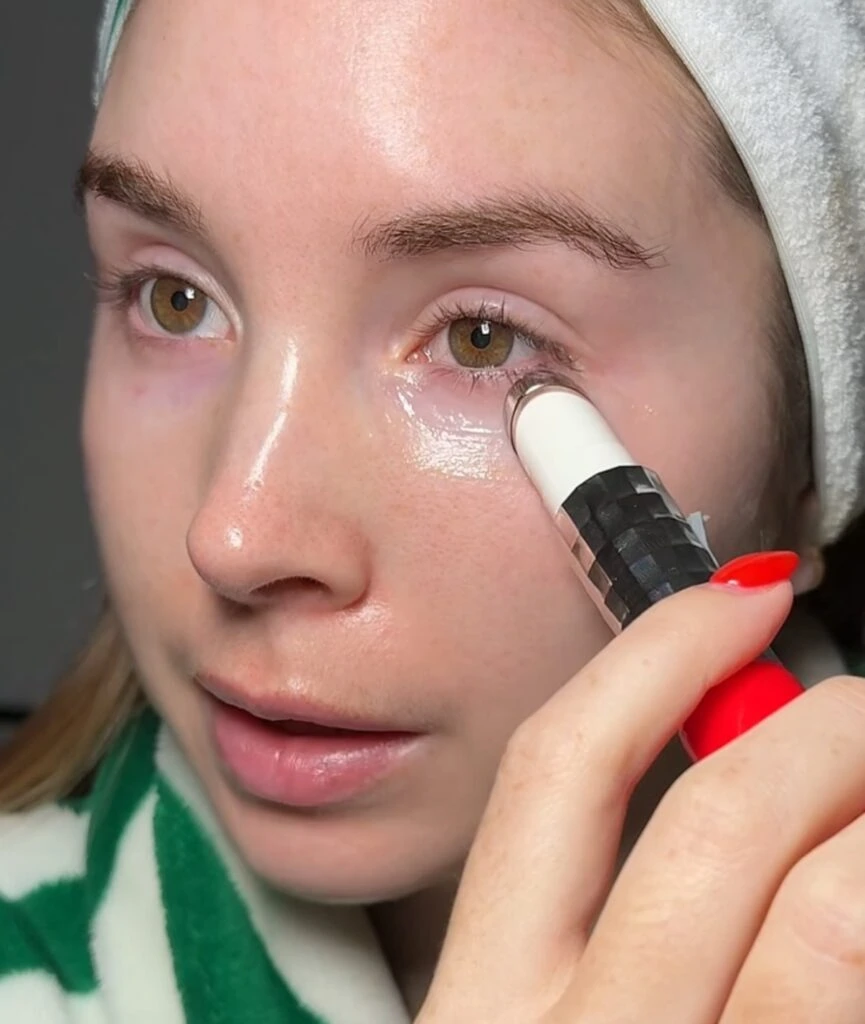
However, there are several other things I’ve changed that have compounded to create the appearances of a lot of freckles fading:
- Sun protection – I always wear at least SPF 30, if not 50, every single day. More on this later.
- On holiday I wear protective clothing and no longer attempt to tan my face
- I am now 29 vs 23 in that picture. Age can fade freckles, too!
So does retinol get rid of freckles? It really depends on many factors.
Indeed we all accrue sun damage in our life, so at least a little of what faded was sun damage.
The rest of it will be a combination of age, genetics, sun exposure, skincare and lifestyle factors.
Not all freckles fade the same
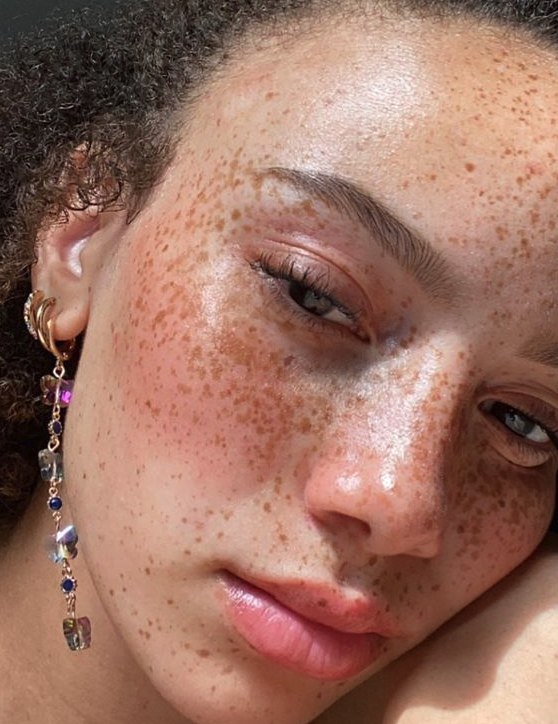
The main issue with trying to work out – does retinol get rid of freckles? – is that genetics are at play.
You can go on reddit and find stories of retinol not fading freckles, and completely fading them.
We all have a unique combination of genes, so our freckles will respond slightly differently.
The best option is to try out retinol and simply see how you go. Make sure you wear sunscreen.
The good news is that it’s easy to get them back if retinol fades your freckles.
How to get your freckles back
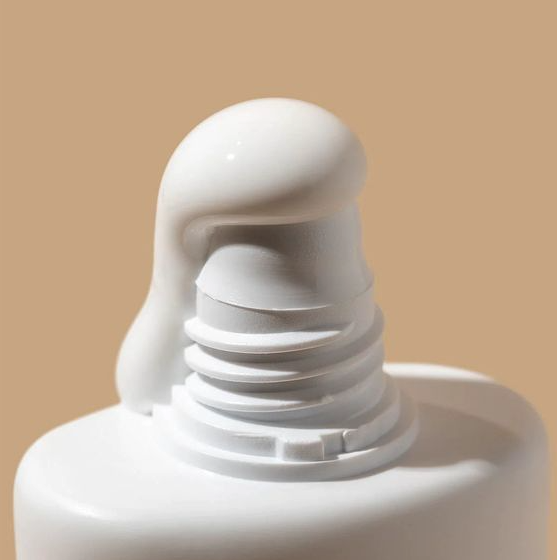
Unless your freckles faded with age, it should be easy to get your freckles back.
If your freckles have faded due to retinoids or decreased sun exposure, the best way is to discontinue those changes.
The only drawback is that your skin will suffer more skin damage as a result.
I recommend you keep using sunscreen, even if you stop using retinol.
Sunscreen can prevent new age spots and patches of darker skin from forming.
Does skincare get rid of freckles?
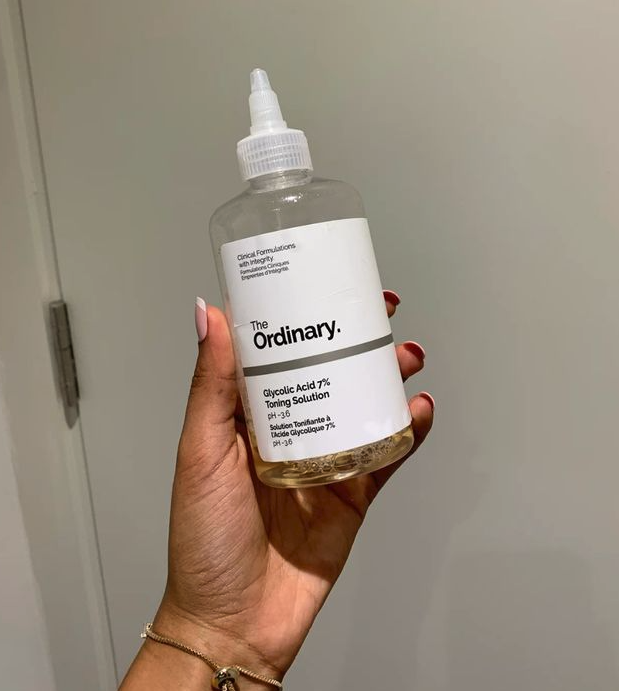
Skincare products claim to do so many things, but can skincare get rid of freckles?
Here I’ll break down how each different active ingredient can influence freckles.
Remember, it might not be the use of a single active ingredient that fades your freckles.
Instead, it may be using all of them combined and over time that caused this change.
How does retinol get rid of freckles and hyperpigmentation?
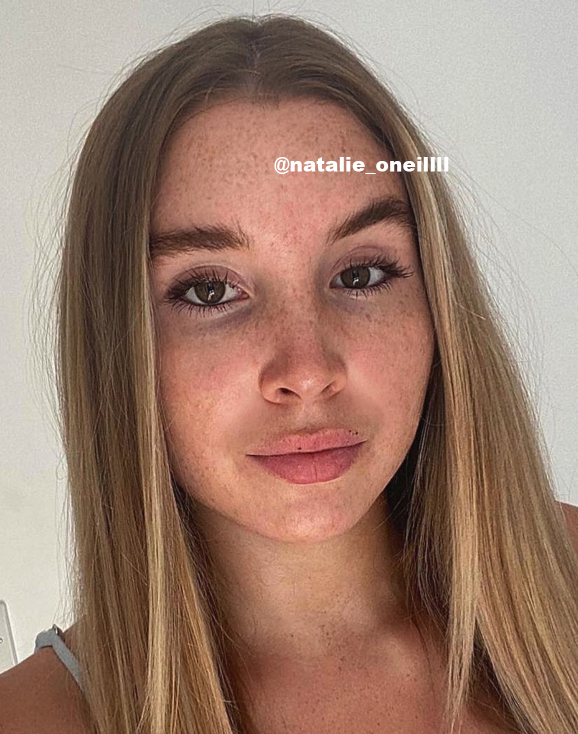
Retinol creams are known to work well on uneven skin tone.
Uneven skin tone is usually a result of acne scars, trauma to the skin or sun exposure causing an overproduction of melanin.
Retinoids work by increasing skin cell turnover.
A normal skin cycle is usually 6 weeks, and retinoids speed this up drastically.
This means that the skin renews itself much faster, and therefore dark spots disappear pretty quickly.
Sometimes it looks like freckles fade with retinol simply because some sun damage is removed.
However again, this does not mean that all freckles are sun damage.
Particularly those people who’ve been freckled their whole life.
Does vitamin C fade freckles?
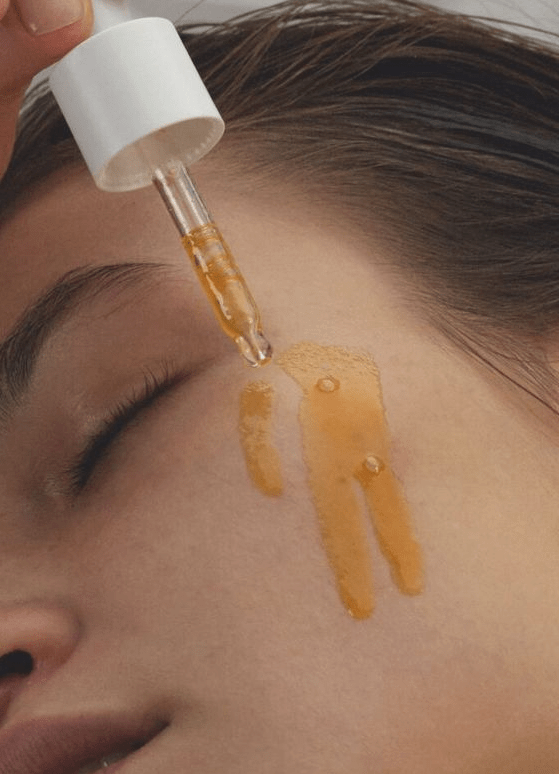
Vitamin C is a very popular ingredient that is known to boost collagen production and even out skin tone.
In the ‘before’ photos I used vitamin C daily and zero retinol.
In my ‘after’ photos I don’t use vitamin C at all, and I haven’t in years.
This just shows using vitamin C didn’t impact my freckles much personally.
However, the compounding use of SPF, retinoids and vitamin C may fade freckles slightly for some.
It’s about finding a blend of actives that suits your skin goals.
Do chemical exfoliants fade freckles?
Similarly to retinol, chemical exfoliants can fade freckles significantly, if the freckles themselves are mostly sun damage.
Deep chemical peels are often used to fade sun damage, but these are much stronger than at-home chemical exfoliants.
Does glycolic acid fade freckles?
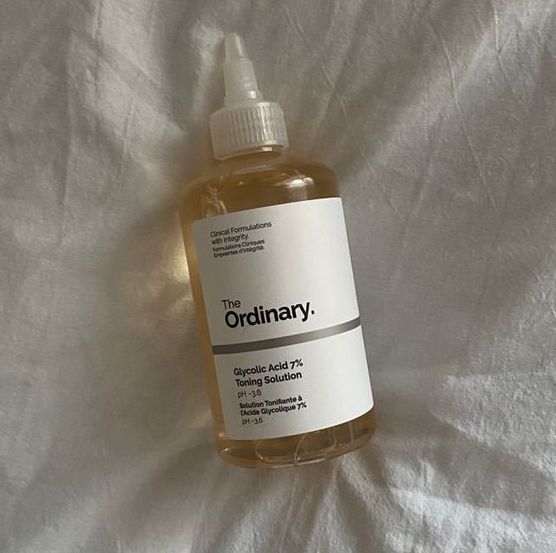
Glycolic acid is well known to brighten and even out skin tone.
It is one of the strongest acids and has small molecule size.
The smaller the molecule, the more skin irritation an ingredient may cause.
This is because the molecule can penetrate the skin more deeply.
Although glycolic acid can fade sun damage, it is unlikely to completely fade genetic freckles on its own entirely.
Remember though, that if you couple this with retinol and reduced sun exposure, it may well do.
Does lactic acid fade freckles?
Lactic acid is a chemical solution that is known to be much gentler than glycolic acid.
It is typically recommended for people with more sensitive skin.
Again, it can brighten up the skin, but it’s unlikely to fade freckles significantly on its own.
Does niacinamide fade freckles?
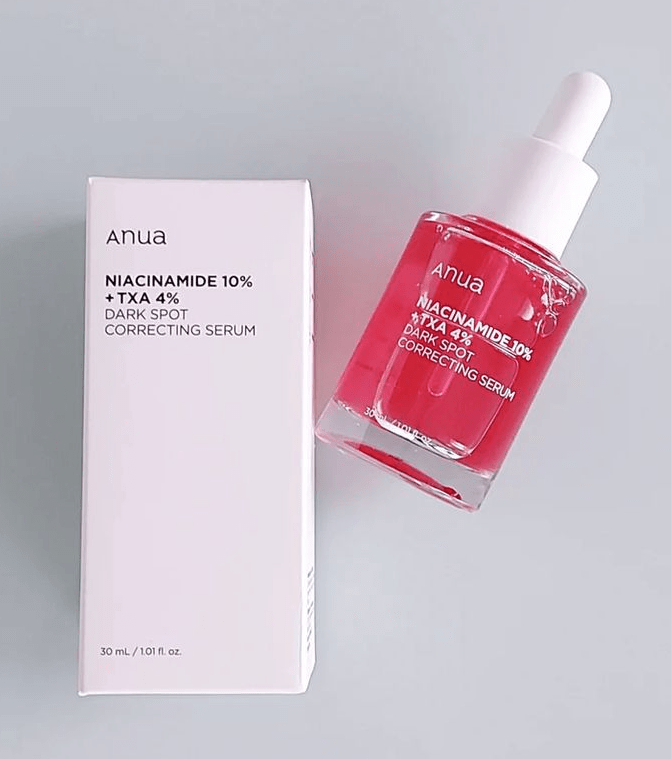
Niacinamide is excellent at helping the skin repair itself.
Niacinamide also helps to fade hyperpigmentation.
If you have a lot of it, you should see your skin start to even out with continued use.
Again, on its own and without any kind of sun protection, your freckles may not fade much.
But in a well rounded skincare routine, they may well do.
If your pigmentation was acne scarring and sun damage alone, it can reduce this significantly.
Conclusion: does retinol get rid of freckles?
Yes it can fade them significantly, but it all depends on a few things:
Genetics
How strong are your freckle genes? How do they differ from people’s stories online about fading their freckles?
Yes, freckles are clumps of melanocytes within the skin, but they are not the same from person to person.
Your level of sun exposure
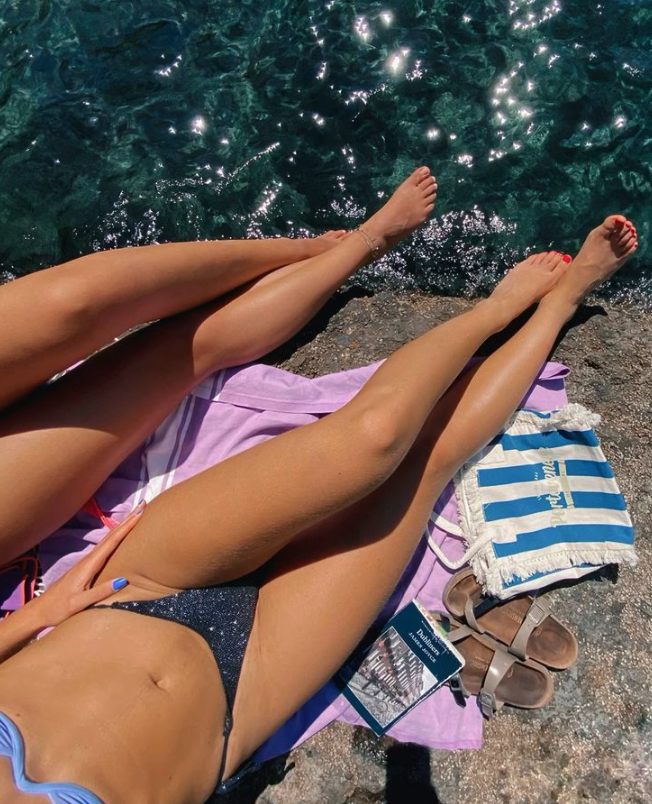
Your freckles may be more visible if you lived in a sunny country vs. where you live now.
Perhaps you live in a very rainy country, but your job is working outside most of the day.
Perhaps you now work from home most of the time, in a house with little direct sunlight.
This may cause your freckles to be less obvious than in your previous working arragement.
How much sun protection you use
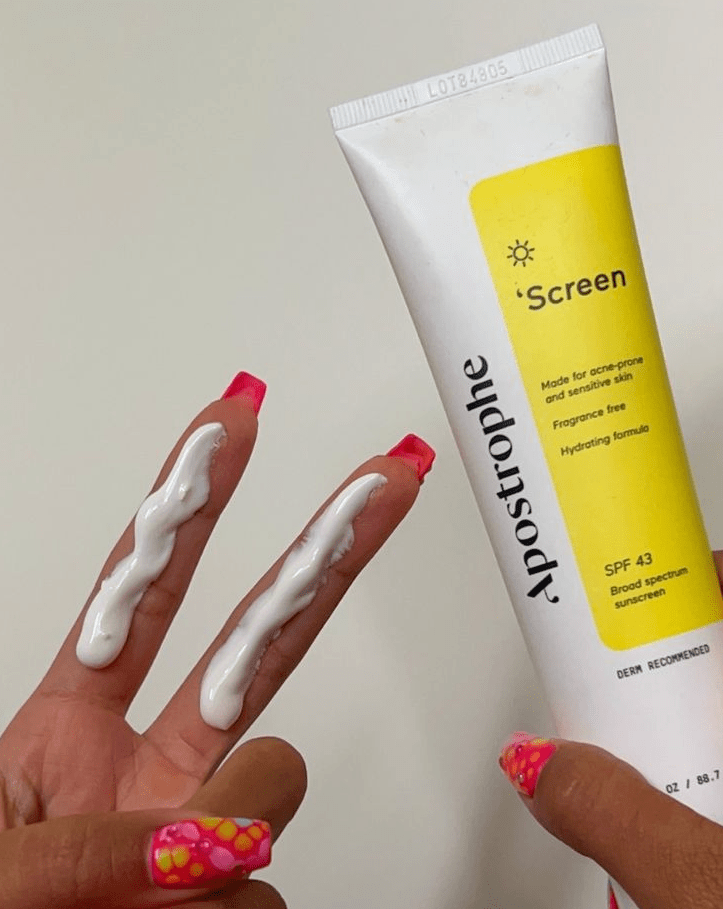
Maybe when you were younger, you used to sunbathe your face a lot on holiday and now you don’t.
Maybe you used to wear sunscreen but always sit in the sun – this used to be me!
Now I only tan my body and avoid direct exposure on my face.
Even in the shade, I usually wear a hat.
On daily basis, I work from home inside my house, and I wear SPF 30-50.
In my ‘before’ photos I wore an SPF 30 moisturiser (and probably not enough of it!), plus I walked to work (20-30 minutes) daily.
This all adds up and shows on your skin.
Your skincare routine then vs now
Perhaps you used to use only moisturiser and hyaluronic acid, and now you use a few acids and retinol.
Then later on, maybe you decided to add in an SPF.
It may not feel like much, but over time these changes will all compound together.
Freckles can fade with age
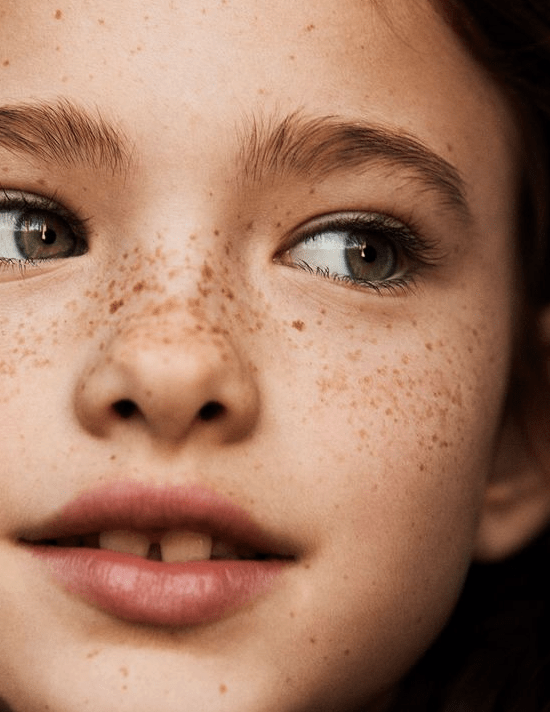
How many super freckly older people do you see walking around?
It’s very common for freckles to fade with age, but it happens at different rates for us all.
In conclusion, there are many factors that contribute to freckles fading with age.
To know ‘does retinol get rid of freckles’ isn’t a black and white answer for everyone.
I recommend simply testing it out for 6 months to one year.
If you don’t like the results, discontinuing the retinol should reverse the changes.
This was ‘Does retinol get rid of freckles?’
You may also like:
- Can I use retinol after salicylic acid cleanser or together?
- Retinal vs Retinol? Medik8 Crystal Retinal Review
- Can I use Retinol and Tretinoin Together? Tips & Routine